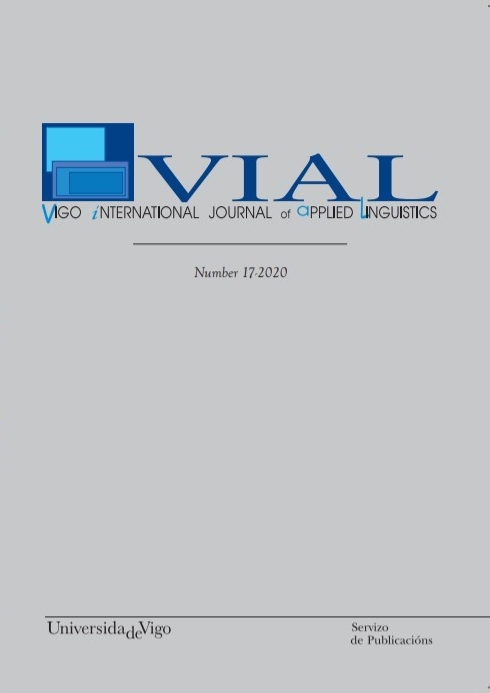A study of L2 vocabulary acquisition under incidental and intentional conditions
DOI:
https://doi.org/10.35869/vial.v0i17.1467Schlagworte:
second language vocabulary acquisition, incidental learning, intentional learning, reading, word listAbstract
Vocabulary development is indisputably a vital aspect of second language acquisition. In spite of the abundant attention it has garnered over the past few decades, it remains unclear how adult learners fare with intentional and incidental ways of learning. The current study investigated the effects of intentional learning (via studying a word list), incidental learning (via reading), and combined intentional-andincidental learning (via studying a word list followed by reading) conditions on 30 adult learners’ second language vocabulary acquisition. Vocabulary acquisition was measured in terms of percentage gains as well as changes in the depth of vocabulary knowledge. Results showed that while both the intentional and incidental modes of learning led to vocabulary gains, the combined intentional-and-incidental condition resulted in significantly greater gains than either the intentional-only or the incidentalonly condition. No significant differences were found between the incidental-only and intentional-only conditions.
Downloads
Downloads
Veröffentlicht
Ausgabe
Rubrik
Lizenz
Revistas_UVigo es el portal de publicación en acceso abierto de las revistas de la Universidade de Vigo. La puesta a disposición y comunicación pública de las obras en el portal se efectúa bajo licencias Creative Commons (CC).
Para cuestiones de responsabilidades, propiedad intelectual y protección de datos consulte el aviso legal de la Universidade de Vigo.



